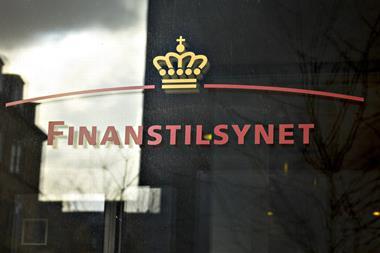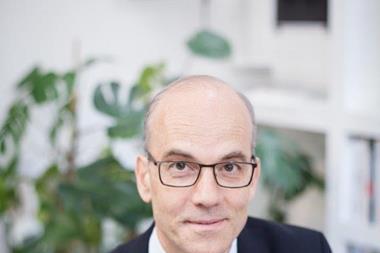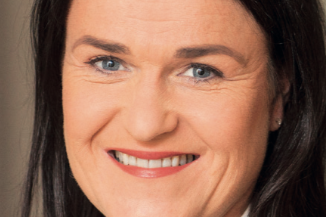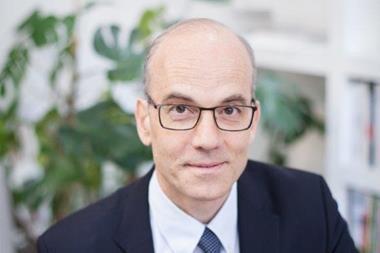The chief executive officer of the State Pension Fund of Finland (Valtion Eläkerahasto, VER), said the economic conditions brought about by the pandemic will stay with us, and with digitalisation and medicine as the key drivers of this new system, that is where governments need to allocate resources.
Timo Löyttyniemi, CEO of VER, the €22.9bn fund that balances central government’s staff pension spending, said in a blog: “COVID has given birth to a different economic system where only change is constant,” but people got used to everything and human beings were fortunately an adaptable species.
On where governments should allocate their political and financial resources, he said: ”The answer should be clear: digitalisation, medicine and a huge amount of other research to solve social, economic and environmental problems.”
Medical research, efficient healthcare and education would provide the keys to an exit and return to normality, he said.
“Digitalisation helps us to adapt and succeed in the context of the COVID economy. The benefits offered by research funding are highly tangible. If these efforts bear fruit, the future of the COVID economy or an exit from it may prove bright,” Löyttyniemi said in the blog.
The biggest dangers to which the COVID economy was exposed, he said, were the risks to cybersecurity and the functionality of IT systems.
“If digitalisation failed in an economy devoid of all physical contact, it would mean a setback that would take us back several decades,” the CEO said.
He said the Omicron variant had upset all plans for a gradual return to normality, and that now a number of countries were withdrawing restrictions again, and new coronavirus strategies were being hatched as data accumulated.
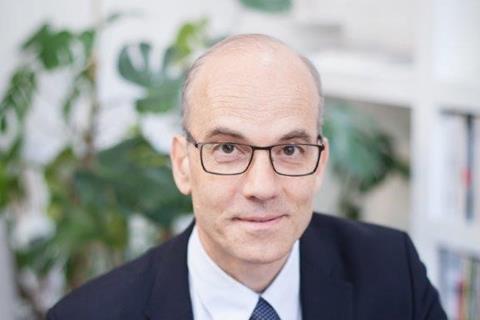
“However, the COVID economy will remain with us, in one way or another,” he said.
At the start of the pandemic, he said, people had counted the infection waves, but not now, because there was no end in sight.
“Conceivably, a new corona strategy will enable a return to a near-normal life, accompanied by full awareness of the disease and the understandable and ever-changing constraints it entails. The only constant would be perpetual change,” he said.
While the debate on inflation has recently focused on whether it was temporary or permanent, Löyttyniemi said: “COVID inflation may be a permanently temporary development.”
It would not imply a permanent rate of inflation, but fleeting price rallies caused by supply chain disruptions, he said.
Taxation was the unwritten chapter of economic policy of the COVID economy, and not a topic people were eager to take up in political debate.
“Even so, it is one of the keys for managing the COVID economy. Now funds keep accumulating in savings accounts at the same time as governments become more indebted,” Löyttyniemi wrote.






